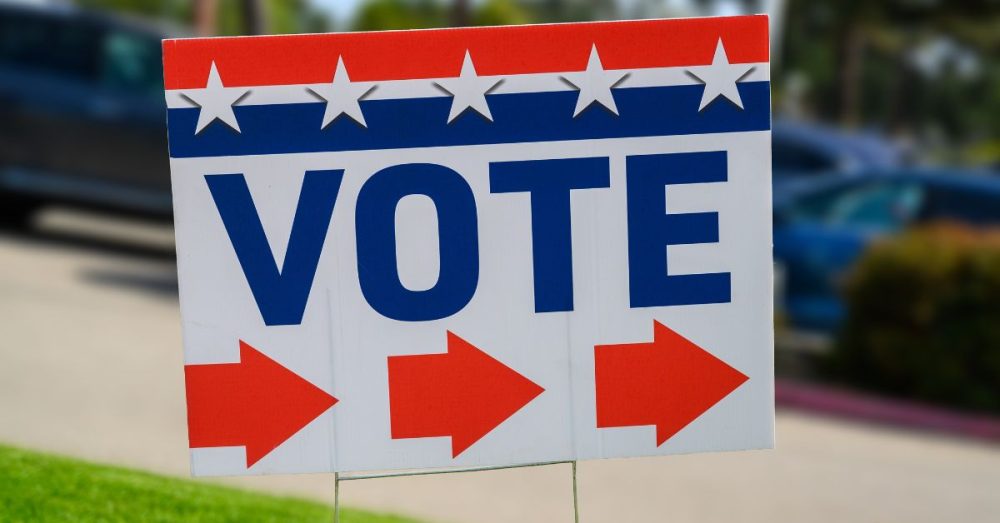A federal judge continues to block enforcement of Texas election integrity laws.
District Judge Xavier Rodriguez issued an order Friday permanently enjoining state and county officials from investigating or prosecuting alleged violations of “voter assistance” provisions of Senate Bill 1, a comprehensive election integrity measure passed by the Texas Legislature in 2021.
The judge determined that several provisions of SB 1 targeted by voter assistance activists are preempted by Section 208 of the Voting Rights Act, which allows a voter who requires assistance due to a disability or inability to read or write to be assisted by a person of the voter’s choice, other than a person from the voter’s employer or union.
Plaintiffs allege that S.B. 1’s new disclosure requirements (§§ 6.01, 6.03, 6.05, 6.07), modifications to the oath of assistance (§ 6.04), ban on compensated assistance (§ 6.06) and in-person canvassing restriction (§ 7.04) subvert the protections of Section 208 by narrowing the class of eligible assistors, requiring voters to take additional steps as a prerequisite to receiving assistance, and deterring voters from requesting—and assisters from providing—assistance in the voting process.
The plaintiffs include a long list of nominally non-partisan civil rights and social advocacy groups in Texas whose members routinely assist voters by transporting them to the polls and/or helping them complete their mail-in or in-person ballots.
During a weeks-long bench trial last September and October, the state argued that the added disclosure requirements do not prevent any voters from receiving assistance from the person of their choice. Rather, they are intended to deter political operatives from forcing unwanted assistance onto voters.
Plaintiffs asserted that criminalizing their routine activities and imposing additional requirements on voters and assistors infringes on federally protected rights.
The judge divided the challenged sections of SB 1 into categories:
- Transportation disclosures requiring a person who transports seven or more voters to a polling place for curbside voting to sign a form stating their name, address, and if they are providing transportation only or also assisting the voters.
- Assistor disclosures that added the relationship of the assistant to the voter and whether the assistant received any form of compensation or benefit from a candidate, campaign, or political committee.
- Oath of assistance amendments that added the words “under penalty of perjury,” “the voter I am assisting represented to me they are eligible to receive assistance,” and “I did not pressure or coerce the voter into choosing me to provide assistance.”
- Bans on compensated mail–ballot assistance by anyone other than an attendant or caregiver previously known to the voter.
- In-person canvassing restrictions that ban paid vote harvesting services.
The judge’s order barred both criminal investigations and prosecutions stemming from the enjoined provisions, as well as civil investigations and penalties against election officials.
The judge also ordered state and county election officials to revise forms and training materials accordingly but stayed that part of the order until after the November 2024 General Election.
Last month, Judge Rodriguez issued an order blocking enforcement of the state’s paid vote harvesting ban, which was also part of SB 1.
Texas Attorney General Ken Paxton appealed that order to the U.S. Fifth Circuit and won a temporary administrative stay, which has since been extended until October 15.
Last year Judge Rodriguez blocked another provision of SB 1, ruling that Texas election officials cannot reject mail-in ballots with wrong or missing identification numbers.
A challenge to the entire portion of the law requiring a voter identification number on mail-in ballots is still under review by Rodriguez.


